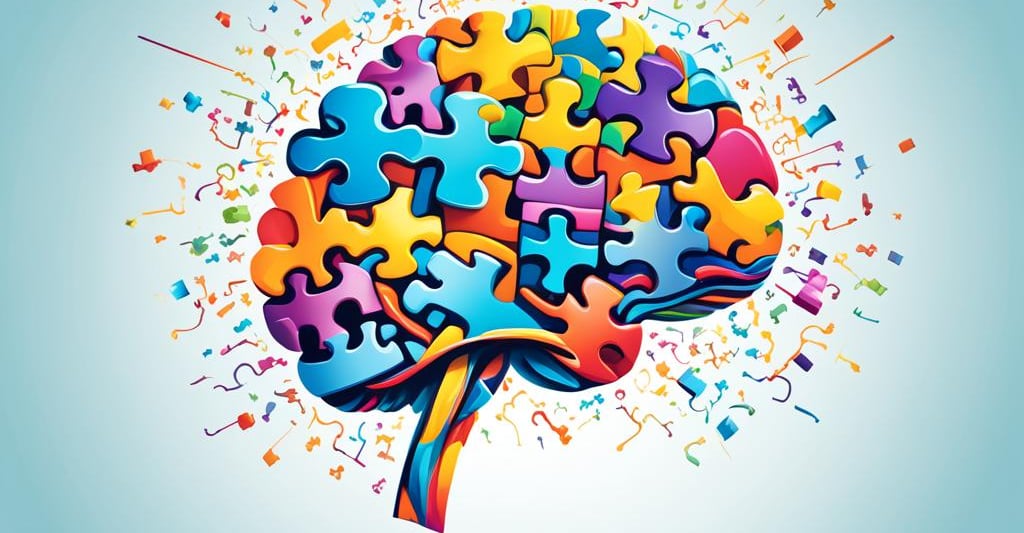🤯 10 Shocking Findings from Scientific Psychology That Will Blow Your Mind! 🤯
Dive into the fascinating world of scientific psychology and uncover 10 research findings that challenge your intuitions about human behavior! 🧠
WELLNESSHEALTHBLOG-LIST
11/4/20243 min read


The human brain is a complex and fascinating machine. Scientific psychology, in seeking to unravel its mysteries, sometimes offers us surprising, even confusing results.
Ready to challenge your certainties? Buckle up, we're embarking on a captivating journey to the heart of the human mind! 🚀
In short:
Discover 10 psychological studies with incredible results.
Explore phenomena like the bystander effect and confirmation bias.
Understand how our brain can play tricks on us.
Learn more about human behaviors and their motivations.
Be amazed by the complexity of the human mind.
Table of Contents:
The Bystander Effect: Is There Strength in Numbers? 🤔
Confirmation Bias: Seeing What We Want to See 👀
The Dunning-Kruger Effect: Incompetence and Overconfidence 😥
Cognitive Dissonance: When Actions and Thoughts Diverge 🤯
The Milgram Experiment: Blind Obedience to Authority 🚨
The Placebo Effect: The Power of the Mind Over the Body ✨
Memory, an Imperfect Reconstruction 🧩
The Halo Effect: Is the First Impression Always Right? 🤔
The Stanford Prison Experiment: The Weight of Social Roles 🎭
Happiness Is Relative: It's All a Matter of Perspective ⚖️
FAQ 🤔
Conclusion 💡
1. The Bystander Effect: Is There Strength in Numbers? 🤔
Against all odds, the more witnesses there are to an emergency, the less likely you are to be rescued! This is the bystander effect. Indeed, the presence of others dilutes individual responsibility, with everyone thinking that someone else will intervene.
2. Confirmation Bias: Seeing What We Want to See 👀
Our brain has an unfortunate tendency to favor information that confirms our pre-existing opinions, even if they are wrong. This is confirmation bias, a real obstacle to objectivity!
3. The Dunning-Kruger Effect: Incompetence and Overconfidence 😥
Ironically, it is often the least competent people who overestimate their abilities the most. The Dunning-Kruger effect highlights this paradox: a lack of competence prevents one from being aware of one's own shortcomings.
4. Cognitive Dissonance: When Actions and Thoughts Diverge 🤯
Smoking while knowing it is harmful to your health is a classic example of cognitive dissonance. This psychological discomfort, born from the contradiction between our actions and our beliefs, pushes us to modify our attitudes to restore a certain internal coherence.
5. The Milgram Experiment: Blind Obedience to Authority 🚨
The Milgram experiment revealed a disturbing truth: under the influence of an authority figure, a majority of people are capable of inflicting suffering on others, even if it goes against their morals.
6. The Placebo Effect: The Power of the Mind Over the Body ✨
The placebo effect demonstrates the influence of our psyche on our body. The simple belief in the effectiveness of a treatment, even a sham one, can lead to a real improvement in our health.
7. Memory, an Imperfect Reconstruction 🧩
Our memories are not faithful recordings of the past, but rather subjective reconstructions, influenced by our emotions, beliefs, and the passage of time.
8. The Halo Effect: Is the First Impression Always Right? 🤔
The halo effect shows that we tend to generalize a positive quality of a person to their entire personality. A person deemed "beautiful" will, for example, be perceived as more intelligent or friendly.
9. The Stanford Prison Experiment: The Weight of Social Roles 🎭
The Stanford Prison Experiment highlighted the influence of social roles on our behavior. Ordinary individuals, placed in a simulated prison context, quickly adopted "sadistic" or "submissive" behaviors depending on their role.
10. Happiness Is Relative: It's All a Matter of Perspective ⚖️
Our level of happiness largely depends on our point of comparison. We feel happier when we compare ourselves to those who have "less" than us, and less happy when faced with those who have "more".
FAQ 🤔
Q: Are these results really reliable?
A: Yes, these results come from rigorous scientific studies conducted by psychology researchers. Of course, research in psychology is constantly evolving, and new discoveries may nuance or complement these results.
Q: How can I use this knowledge in my daily life?
A: Understanding these psychological mechanisms can help you better understand your own behaviors and those of others. This will allow you to make more informed decisions, avoid certain cognitive biases, and improve your interpersonal relationships.
Conclusion 💡
Scientific psychology offers us a fascinating insight into how our minds work. These 10 results, among many others, remind us of the complexity of the human being and invite us to humility and curiosity. So, let's continue to explore the mysteries of our brain, because each discovery is a new step towards a better understanding of ourselves and the world around us. 🌍
